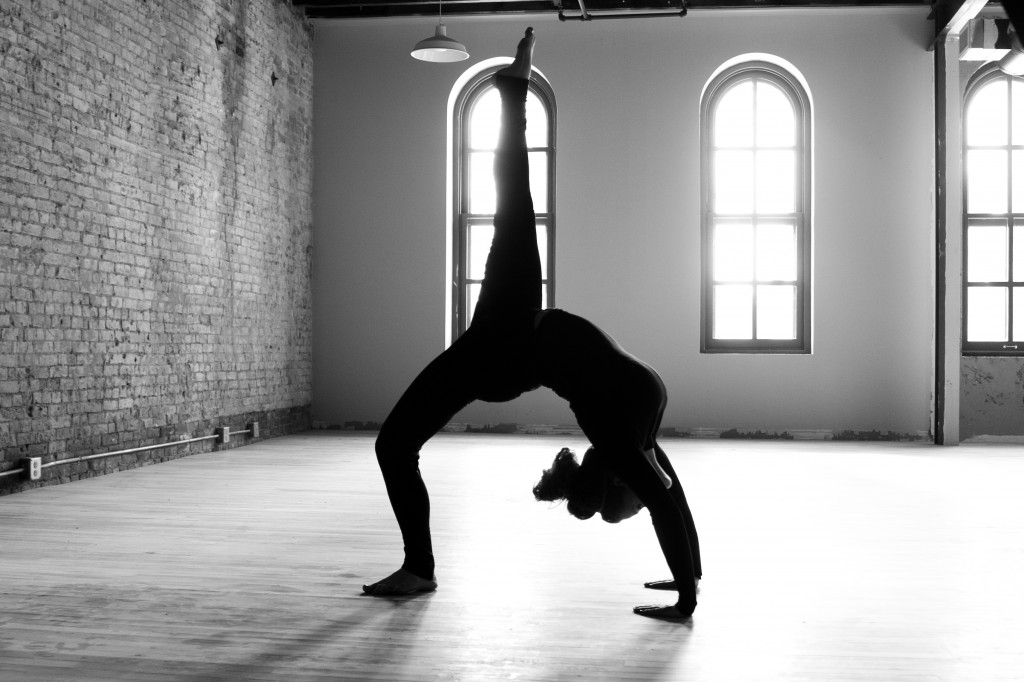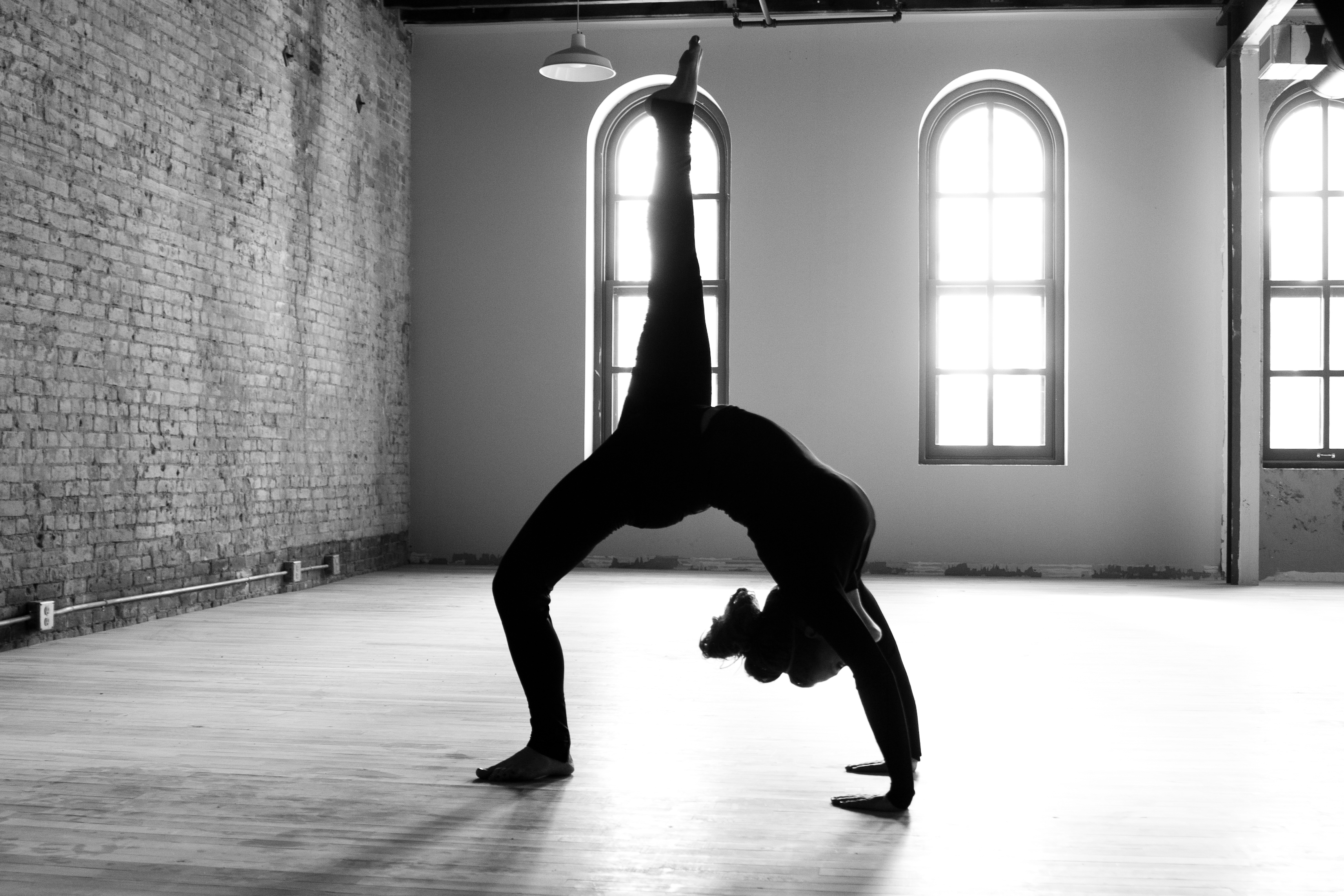By Tori Thistlethwaite (Contributor) – Email
Print Edition: September 24, 2014

It’s no secret: we often measure our worth based on our appearance, especially our weight and body shape. Women are constantly stereotyped as the main sufferer of body-image issues, but it is important to realize that this problem is not gender-specific; men feel the pressure, too.
We live in a society that perpetuates the idea that looks are the most valuable coin we have, and because of this, we are presented with advertisements and attitudes that make us feel ashamed of what we look like. We feel like we have been judged, and the ruling is “lacking.”
It is not easy to ignore the weight of this judgment, and most of the time we are affected by it, whether we realize it or not. Many of us develop a harmful inner monologue that speaks up when we buy clothes, see ourselves in photos or mirrors, are with our peers, and especially when we eat. If people made choices about their body because they genuinely want to change their lives and live in a healthier way, I would applaud them, but the sad fact is that appearance, along with public opinion, has become the biggest motivator out there.
Most of us are at the gym because we don’t want people to call us fat, skinny, little, weak, big, bulky — the list goes on and on — and furthermore we really, really don’t want to actually be these things. The most shocking part of this is that the majority of us are not working out to improve ourselves for our own sakes. Instead we do it to cater to someone else’s idea of who we should be.
Words are powerful, but cannot maintain a long-term workout regime; neither can shame nor envy. A change has to occur inside a person where they want to work out to improve themselves, for themselves — a desire outside of public opinion.
When it comes to fitness, our focus should be on health rather than our appearance. We should still exercise, not as a reaction to public opinion, but because it is the best thing we can do for our bodies.


